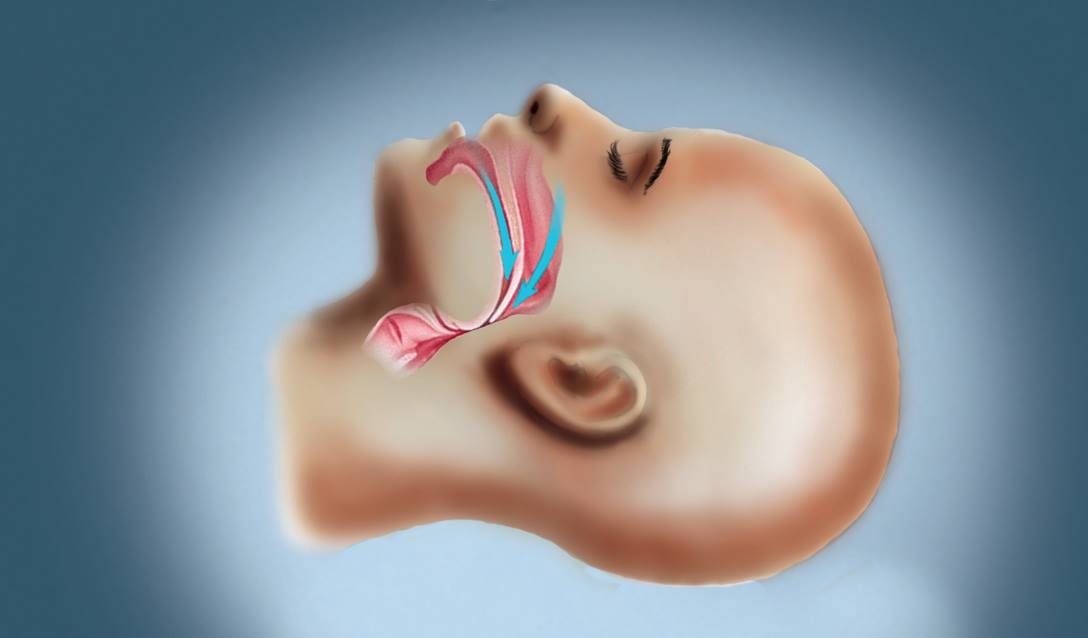Sleep apnea
Sleep apnea is where you have a block in your respiration during the night that leads to a decrease in the level of oxygen in your blood and is often associated with a brain arousal. Over a long period of time, the constant sleep disruption and hypoxia can have deleterious effects on the body.

Disrupted sleep
A night of normal sleep consists of 4 cycles of 4 stages of sleep. The stages of sleep are N1, N2, N3, and REM. In each cycle you will see 2-5 % of N1, 45-55% of N2, 3-15% of N3 and 20-25% of REM. When this breakdown is not noted, we often see people presenting with disturbed sleep and with constant fatigue.
A person with sleep apnea may have only undergo a sleep study after years of sleeping poorly. Some people with diagnosed severe sleep apnea often don’t subjectively feel that their sleep is poor. Once they start treatment, it can take weeks until the sleep cycle begins to look normal due to the excess REM sleep that occurs. This phenomenon is called REM rebound and can last most of the night in newly treated patients. This is highly indicative of a long-term poor sleep.
For people with sleep apnea, the intermittent lack of oxygen, the hypoxemia, can have effects on the cardiovascular, neurocognitive and metabolic systems. This lack of oxygen also induces oxidative stress and produces reactive oxygen species (ROS). Oxidative stress occurs due to excess ROS, and can lead to macromolecular stress. Hypoxemia also plays a role in activating the sympathetic nervous system. These symptoms underly the cardiovascular, neurocognitive and metabolic systems. This can lead to persistent weight gain and high blood pressure.
Once treatment begins, there is often a measurable improvement in weight and blood pressure. Sleep is one aspect of a person’s overall health that can lead to trickle down improvements in the overall well being of a person. Better sleep leads to having more energy, and better metabolism. Eating well and exercise contributes to an overall health conscious lifestyle.